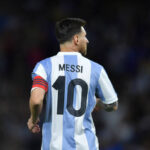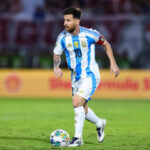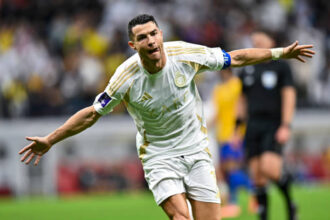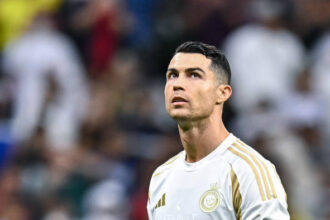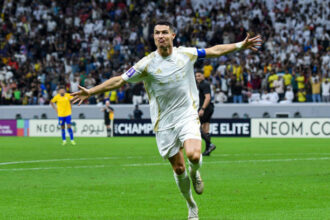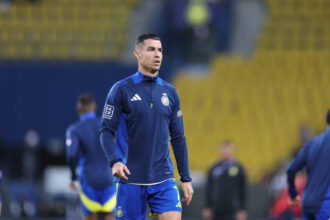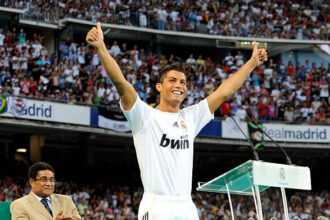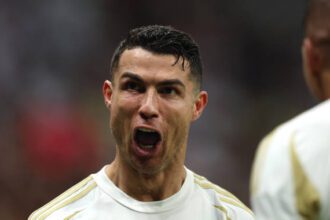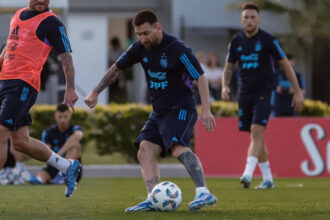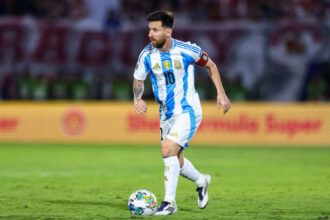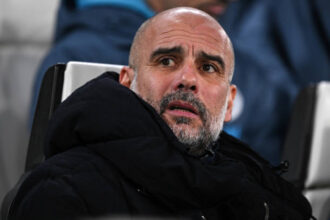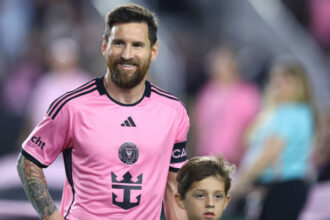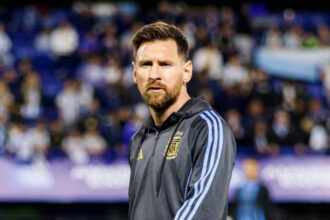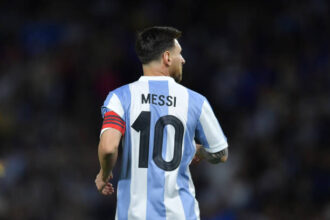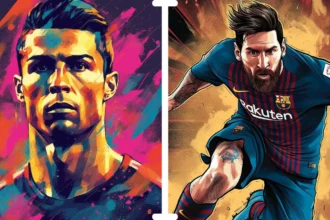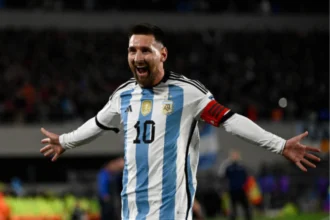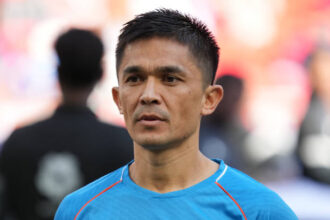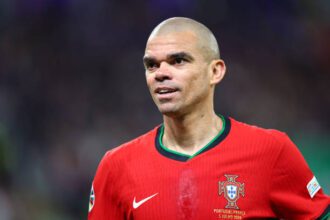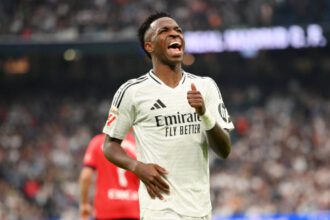Messi’s rise to stardom at FC Barcelona
Lionel Messi often hailed one of the greatest of all time players in soccer. He has written history in letters bold for the club FC Barcelona. Born on June 24, 1987, born at Rosario, Argentina, Messi, the star of Barcelona, is an example of what sheer talent and resilience along with dedication can do. This article probes into Messi’s early years, the subsequent movement to Spain, his meteoric rise from ranks in the FC Barcelona, and his endless achievements that cemented his legacy as a football icon.
Early Life and Challenges
Messi born and bred in humble regions like Rosario, grew up in a close family tightly encircled by a soccer atmosphere. His talents were found to be latent from a very young age, having joined the local club, Grandoli at the tender age of four under the coaching wing of his father Jorge Messi. Later, he made the move towards
Newell’s Old Boys, one of the most renowned clubs in Rosario, where his unique prowess garnered him the title ‘The Machine of ’87 his year of birth. In spite of that, his ascension was lain with challenges: at ten, he had already been diagnosed suffering from a growth hormone deficiency, meaningless to say a failed growth. That ruled out his condition considerably since treatment was expensive-more than a thousand dollars a month. Something his family could not afford. Though he had clear talent, the local clubs of Argentina were unwilling to pay for his medication.
The Move to FC Barcelona
The year 2000 marked an important time in Messi’s life when FC Barcelona scout Carles Rexach noticed the promising young talent during a trial in Spain. The scout recognized potential in the young boy and offered a deal scrawled on a napkin: Barcelona would have to pay for his medical expenses and would be given the opportunity to develop his talent. This was also the origination of the historic pact that would eventually draw Messi closer to the Catalan club.
You Might Also Like
Messi flew into Barcelona with his family and was put under the wing of La Masia, the club’s prestigious youth academy. Messi trained, learned the nuances of European football, while still managing his medical treatment in La Masia. His mesmerizing dribbling and vision with goals quickly placed him thrice above any other boy his age.
Breaking into the First Team
Messi’s very exceptional talent above all encouraged to jump into the fast track. Later, in 2004, he played against Espanyol on October 16 for the official first-team debut, and he was the third youngest player in the club’s history to play in La Liga at that time.
For a limited number of games in the debut season, Messi showed signs of his enormous talent and was scoring Albacete in May 2005 for the first time for the club.
This coincided with the FC Barcelona during the reign of Frank Rijkaard; the team with players such as Ronaldinho, Deco, and Samuel Eto’o-moved from dominance in Spanish football to European football. So, perhaps Messi’s talent became evident when he tried to compete so much with them and finally went beyond them.
Becoming a Key Player
This season marks a turning point in Messi’s career. It was mostly marred with injuries keeping him out of many games; he still managed to be one of the pivotal players for FC Barcelona to secure both La Liga and the UEFA Champions League trophies. Through brilliant displays, particularly memorable knock-out match against Chelsea in the Champions League, Messi showed that he was ready to deliver on the biggest stages.
For the next seasons, Messi built a reputation as one of the stalwarts at Barcelona. Under the new employer Pep Guardiola, who was appointed in 2008, Messi began achieving never-before noticed heights. Guardiola’s tactical system, with quick passing and fluid movement, suited Messi perfectly, letting him go unleash his creativity and goal-scoring instincts.
In the 2008-09 season, Messi played a major role as Barcelona conquered the Treble: La Liga, Copa del Rey, and UEFA Champions League. By being a “false 9”, he was integrated at the spearhead of Barcelona’s attack, forming a deadly triplet with Xavi Hernández and Andrés Iniesta in midfield. His double scored in the final against Manchester United was a perfect example of the Argentinian’s great ability to shine when it matters.
Follow us for latest updates
Article Continues below
Related Articles
Individual Brilliance and Team Success
Messi made Barcelona’s success truly complete because it satisfied all their brilliant individual performers. By the time of the 2009 calendar year, Messi had already earned his first prize of the Ballon d’Or-award for the excellent player within the global. He would move directly to win more than one such prizes in the course of his lifetime. His purpose-scoring feats, dribbling technique, and vision made him a nightmare to defenders and a ceremonial dinner for lovers global.
The 2011 season, especially, changed into very special due to the fact Barcelona over again clinched the UEFA Champions League identify by using outclassing Manchester United in the final. Messi scored a very solid goal, assisted in another, and was, therefore, emulously hallowed for his efforts. The triumph was a defining project about the glory that fell under Guardiola’s imprint along with Messi’s link as the key axis of the team.
Messi broke many such records during this period. In 2012, he became the most prolific scorer in international football, a staggering 91-goal figure in a single calendar year that shattered the longstanding Gerd Müller record of 85 goals. This showed Messi’s pretty regular form, perhaps more so than any other player from the other side who could put the ball in the net with regularity.
Adapting to Challenges
Amidst the wonderful heights of success, Messi had some challenges that were placed in his way. There were injuries as well that Messi had to prove against in the early 2010s. In fact, the departure of Guardiola after 2012 brought the curtain down on an era at Barcelona. Followed by the subsequent seasons, the signs of difficulty in continuing dominance were rather obvious.
These years had also shown Messi to have a flexible and adaptive quality. In charge of managers such as Luis Enrique, Messi altered his roles, often being forced to drop deeper in order to orchestrate while remaining a scorer. He partnered with Neymar and Luis Suárez to form the famous “MSN” trio, which powered Barcelona through another treble (2014-15).
Leadership and Legacy
As Messi matured, he conventional more and more duties, both on the pitch and off it, as a frontrunner. He become made captain of Barcelona in 2018, which in itself became a testament to his well worth to the facet. Yet, the weight of expectation never seemed to bother him, for he continued to create stellar moments, even at times single-handedly carrying the entire team to crucial junctures.
But influence is more than just goals Find the plays, visioning, and creativity-making as complete footballer. Like many other top players, his performances against teams like Real Madrid in El Clásico and in Champions knockout stages have only etched his reputation further as one of the greatest in history.
Departure from FC Barcelona
After enjoying a long time of unheard of fulfillment, Messi’s time at FC Barcelona came to an emotional lead to 2021. Financial problems on the membership made it not possible for Barcelona to resume his agreement consistent with the earnings cap regulations of La Liga. Messi’s departure marked the end of an era and left fans and the footballing world aghast.
Messi’s footprints on FC Barcelona will never be matched by anyone at the club. Messi scored 672 goals in 778 appearances scored at La Liga’s top level, crowned 10 times as champion, and lifted 7 Copa del Rey titles. There are also 4 trophies of the UEFA Champions League to his name. Such record-breaking feats along with defining an era of dominance by him ensure that the legacy at Barcelona will last ever.
Conclusion
It is a tale of splendid skills, perseverance, and commitment, one which have become synonymous with the upward thrust of Lionel Messi to stardom below the tutelage of FC Barcelona. A record of failures, from suffering a hormonal failure during growth to record-breaking success, this journey is a source of inspiration for budding footballers all across the globe. The membership that he did associate himself with, FC Barcelona, loved remarkable successes which in turn increased the game itself. Messi’s name may be remembered by the fanatics in addition to written inside the annals of records as one of the best to have ever graced the stunning recreation.





